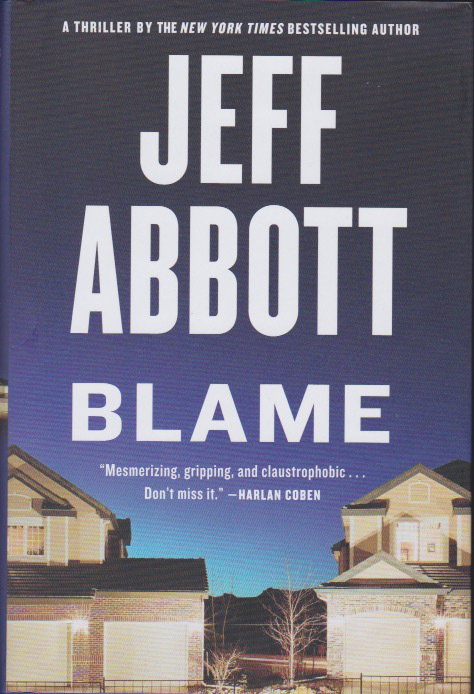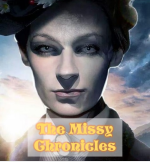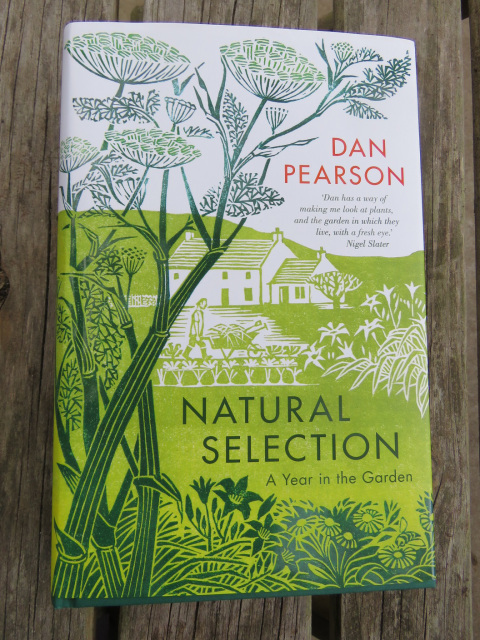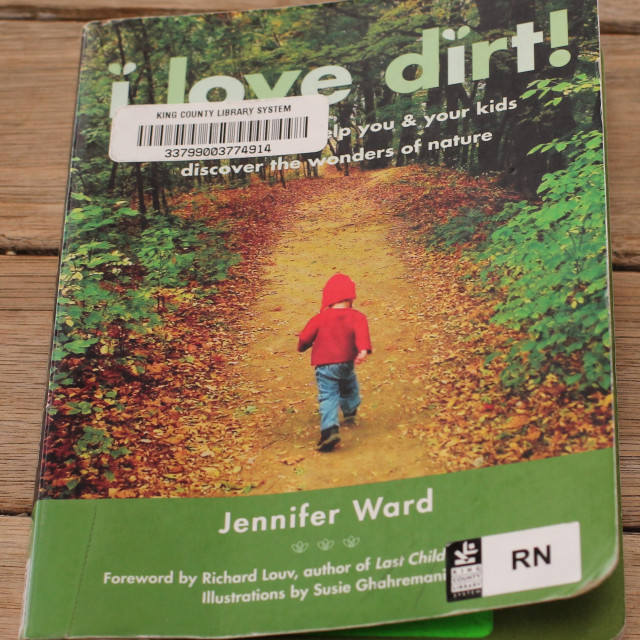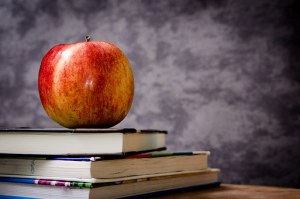
Two years ago in ‘Parkus Interruptus’ I wrote about how I had lost all pleasure in reading. Since then, several friends have described how grief has affected them in a similar way. I’ve had many suggestions for what might help me regain my enjoyment but perhaps the most helpful has been to focus on non-fiction. I manage to read quite a lot by doing this, but where I once had a hearty appetite and a mixed diet, I’m picky these days and only occasionally snack on fiction.
This week, though, I’ve been immersed in the world of books at the Hay Festival. This tiny Welsh town with its population of 1,600 and thirty bookshops, has just hosted its thirtieth annual literary festival and its global reputation means that it can attract the biggest names in literature, the arts, politics, broadcasting, and science. Over the course of ten days there were more than six hundred events. I was there for a week and went to twenty-three of them. Mostly they were entertaining, informative and thought-provoking. I’m left with a random collection of snapshot memories, odd facts and the beginnings of a better understanding of topics ranging from Islamic fundamentalism to medical sniffer dogs, time, the early days of London Zoo, and carpe diem. And now that I’m home, I can reflect on what I’ve taken away.

As with so many things in life, some turn out to be different from what you expect. Last Saturday afternoon I sat packed into a tent along with hundreds of other people, all waiting to hear the actress Charlotte Rampling talking about her life—and it must have been a jolly interesting life. But she was quite determined not to share any of it with us, and so instead the event turned into an uncomfortable but fascinating tussle. The interviewer was charming and asked reasonable questions but his interviewee’s answers were unhelpful. She either arched her elegant eyebrows or said, “It’s in the book,” without elaborating. The interviewer persevered but was clearly relieved when after forty minutes he was able to invite questions from the audience. “We’ve got about fifteen minutes—let’s see if you lot can do any better” he said, with feeling.
By contrast, Harriet Harman was generous with her anecdotes, and talked poignantly about her mother who had studied law at Oxford—one of only three women in her year. She qualified as a barrister but then gave up her career to bring up four daughters. Her hard-won horsehair wig and black robes were consigned to the girls’ dressing up box. Harriet and her three sisters all became solicitors and when she entered Parliament in 1982, there were more MPs named John, than women MPs.
Alan Johnson was another engaging raconteur. “So…” said the interviewer, “…you’ve been Minister for Health; Shadow Chancellor of the Exchequer; Minister for Education; Home Secretary, and Minister for Trade and Industry. And all of this with you protesting in your book that you had no ambition. Can you imagine how far you’d have gone if you had been ambitious?” The interviewer was Sarfraz Manzoor, the same one who had tried so hard with Charlotte Rampling. He looked much happier this time as his interviewee showered us with political anecdotes, comments on the election campaign, and readings from his latest memoir.

There was a surprise at the talk given by the gardening writer, Alys Fowler. I’d expected to hear about the wildlife that she discovered whilst canoeing around the canals of Birmingham. But instead of ducks and dandelions she talked about something more personal. The solitude of being alone on the water, pushed her into the realisation that after fourteen years of marriage she had fallen in love with a woman. On the one hand it was a moving story and on the other, her joy at paddling around the canals was infectious. What I took away from that one, was a wish to do some canoeing myself. It’s going on my list.
One of my favourite events was Artemis Cooper talking about her latest biography. She opened by saying “We all contain within ourselves some level of inconsistency. And none more than the novelist, Elizabeth Jane Howard.” By the end, we the audience, had heard of her relationships with a multitude of well-known twentieth century men including Cecil Day-Lewis, Kingsley Amis, Kenneth Tynan, Arthur Koestler, Laurie Lee, and the naturalist Peter Scott. “The puzzle,” said her biographer, “is how she had such a turbulent personal life, but wrote so insightfully about relationships.” Hilary Mantel recently called Elizabeth Jane Howard’s novels “exquisite and underrated”. She tells everyone to read them.
Jonathan Safran Foer talked about his new novel but began by saying what a thrill it was to be at Hay. “It’s like a story I would tell my kids,” he said. “Once upon a time there was a little town. And in the town there were lots of shops. And all the shops were bookshops…” I’ve come home from that little town with a big reading list. You might notice there’s nothing on it by Charlotte Rampling but it does include Harriet Harman’s ‘A Woman’s Work’, Alan Johnson’s ‘The Long and Winding Road’, Alys Fowler’s ‘Hidden Nature: A Voyage of Discovery’, Isobel Charman’s ‘The Zoo’, and Artemis Cooper’s ‘Elizabeth Jane Howard: A Dangerous Innocence’. Then there are a few fictional dishes to tempt my finicky appetite—all of Elizabeth Jane Howard’s novels. I enjoyed them many years ago and now I plan to reread them. And all of that should sustain me quite well until the next Hay Festival.
Advertisements Share this: